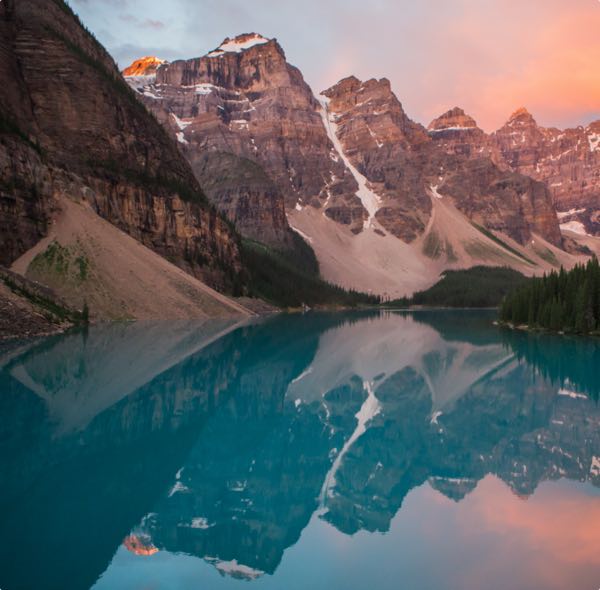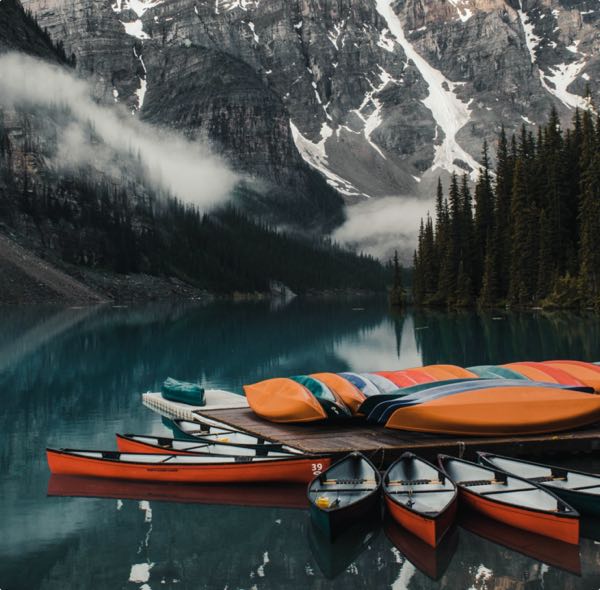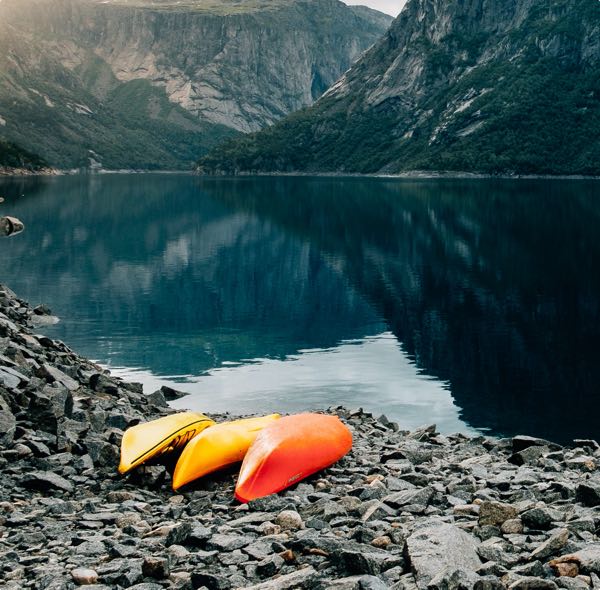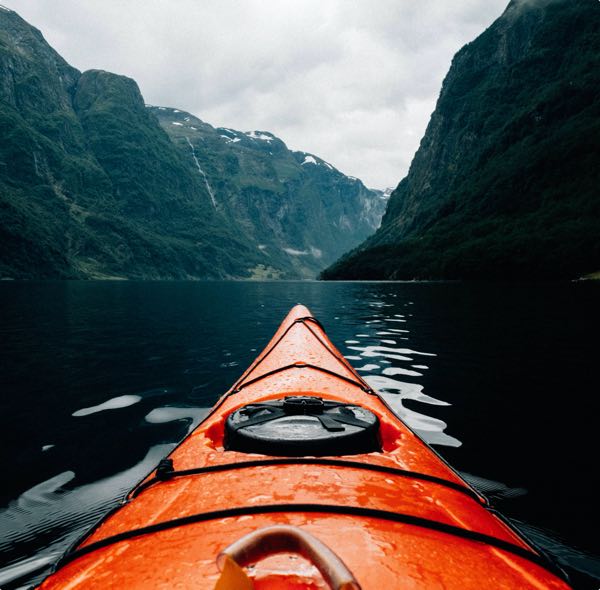Welcome to Leopocon
Leopocon is committed to the conservation of the Sri Lankan Leopard, a symbol of Sri Lanka’s rich biodiversity. Our mission is to protect this iconic species through community engagement, scientific research, and collaborative partnerships. Join us in ensuring a thriving future for the Sri Lankan Leopard in its natural habitat.
Leopocon
Captures
What We Do
- Raise Awareness: Through social media campaigns and targeted programs for estate workers, cattle owners, and school children, we educate communities about the leopard’s vital role in the ecosystem.
- Conduct Research: Using tools like camera trapping, we monitor leopard behavior, movement, and habitats to inform conservation strategies.
- Engage Communities: We organize field trips, discussion forums with experts, and photography and art exhibitions to inspire leopard enthusiasts.
- Mitigate Conflict: Our initiatives focus on reducing human-leopard conflicts through education and practical solutions, fostering safe environments for both communities and leopards.
- Collaborate for Impact: By partnering with government, non-government, and community- based organizations, we drive conservation initiatives and advocate for policies to protect the Sri Lankan Leopard across its habitats
Get Involved
Be a part of our journey to protect the Sri Lankan Leopard. Whether through participating in our events, supporting our research, or spreading awareness, your involvement makes a difference. Explore our projects, join our community, and help us safeguard Sri Lanka’s leopards for generations to come.
Leopocon and the Sustainable Development Goals (SDGs)
Leopocon’s work to conserve the Sri Lankan Leopard aligns with several United Nations Sustainable Development Goals (SDGs), contributing to global efforts for a sustainable future. Below, we outline how our projects and activities relate to relevant SDGs:
- SDG 15: Life on Land
Our core mission to protect and enrich the natural habitats of the Sri Lankan Leopard directly supports SDG 15, which focuses on conserving terrestrial ecosystems and halting biodiversity loss. Through habitat restoration, anti-poaching advocacy, and research using tools like camera trapping, we safeguard the leopard and its ecosystem, promoting biodiversity across regions. - SDG 4: Quality Education
Leopocon’s awareness programs for estate workers, cattle owners, and school children align with SDG 4 by promoting environmental education. By educating communities about the leopard’s ecological role, we foster informed stewards who contribute to conservation and sustainable coexistence. - SDG 13: Climate Action
Our efforts to preserve leopard habitats contribute to SDG 13 by protecting ecosystems that regulate climate. Healthy forests and landscapes, where leopards thrive, act as carbon sinks, supporting climate resilience and mitigation. - SDG 17: Partnerships for the Goals
By collaborating with government, non-government, and community-based organizations, Leopocon supports SDG 17, which emphasizes partnerships to achieve sustainable development. These collaborations drive impactful conservation strategies and policy advocacy for the Sri Lankan Leopard. - SDG 11: Sustainable Cities and Communities
Our initiatives to reduce human-leopard conflict through education and community engagement align with SDG 11 by fostering safe, sustainable communities. By promoting coexistence, we ensure safer environments for both people and leopards in rural and peri-urban areas.
Through these efforts, Leopocon integrates conservation with global sustainability goals, ensuring the Sri Lankan Leopard thrives while contributing to a healthier planet and empowered communities.
Condimentum Mattis Pellentesque Dnibus Tortyga
Malesuada fames ac turpis egestas sed tempus urna et pharetra. Urna duis convallis convallis tellus id interdum velit laoreet id.
Diam maecenas ultricies mi eget lobortis elementum tellus molestie odio pellentesque diam volutpat commodo sed egestas egestas.

Amelia Simpsons
Blogger / Nomad Traveler / Florida
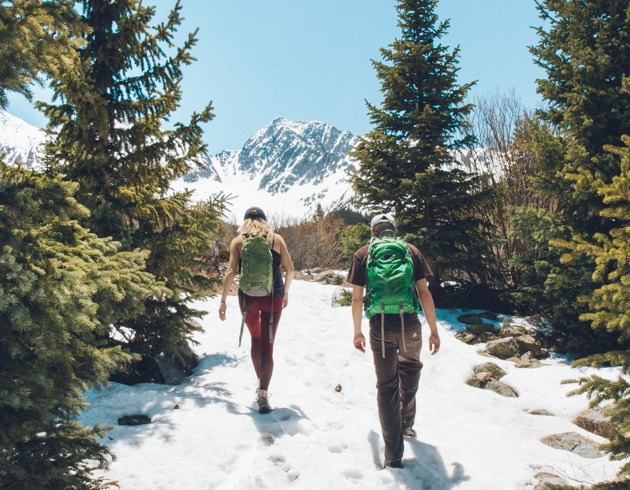
TRIPS GALLERY
Completed Journeys
Ultricies Tristique Nulla Aliquet
Egestas quis ipsum suspendisse ultrices gravida. Sed adipiscing diam donec adipiscing tristique risus nec feugiat in. Arcu risus quis varius quam quisque id diam. Aliquet enim tortor at auctor urna nunc id. Sed euismod nisi porta lorem mollis aliquam ut.
Volutpat Lacus Laoreet Non Curabitur
Malesuada fames ac turpis egestas sed tempus urna et pharetra. Urna duis convallis convallis tellus id interdum velit laoreet id.
Diam maecenas ultricies mi eget lobortis elementum tellus molestie odio pellentesque diam volutpat commodo sed egestas egestas.
